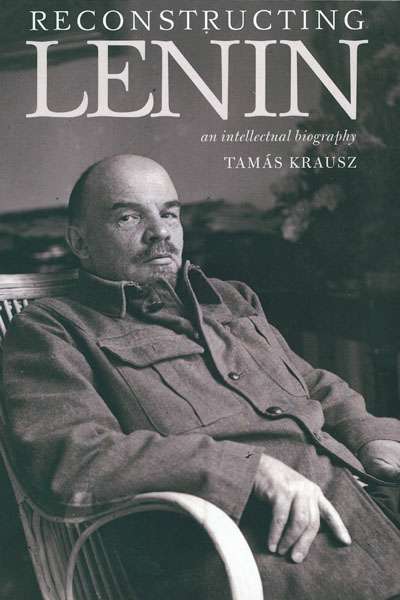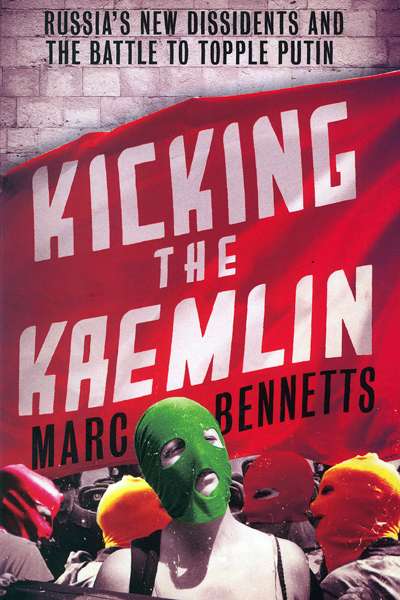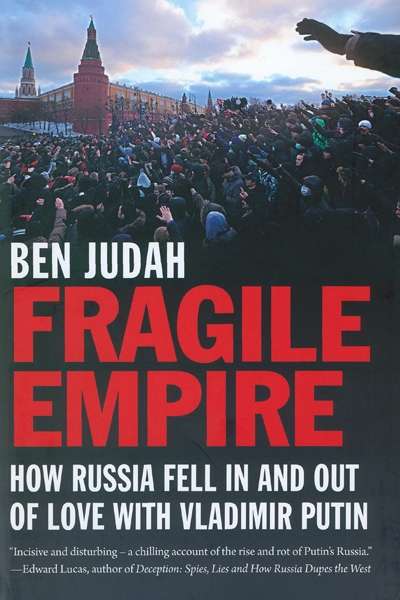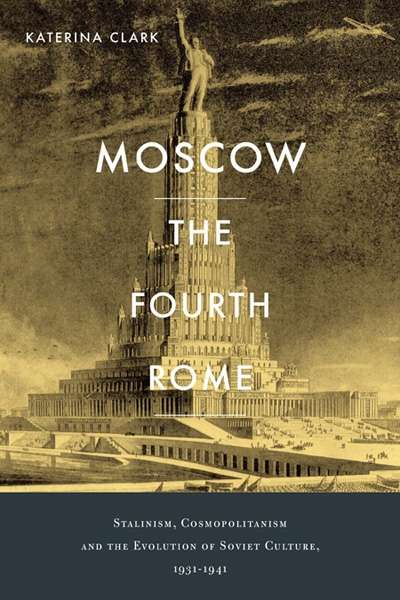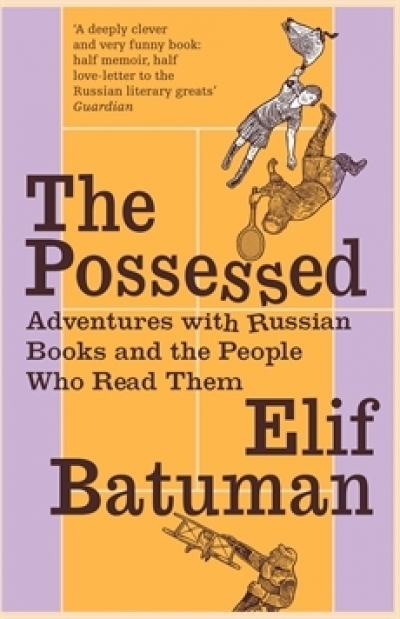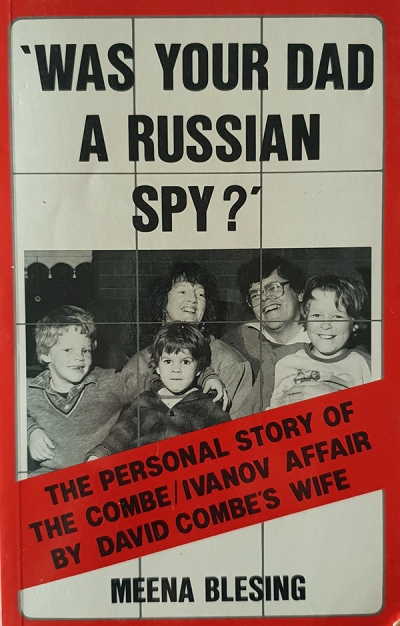Russia
Reconstructing Lenin: An Intellectual Biography by Tamás Krausz
by Sheila Fitzpatrick •
Kicking the Kremlin by Marc Bennetts & Putin and the Oligarch by Richard Sakwa
by Nicholas Hordern •
Fragile Empire: How Russia Fell in and out of Love with Vladimir Putin by Ben Judah
by Nicholas Hordern •
Moscow, the Fourth Rome: Stalinism, Cosmopolitanism, and the Evolution of Soviet Culture, 1931–1941 by Katerina Clark
by Nicholas Hordern •
The Possessed: Adventures with Russian Books and the People Who Read Them by Elif Batuman
by Alex Lewis •

